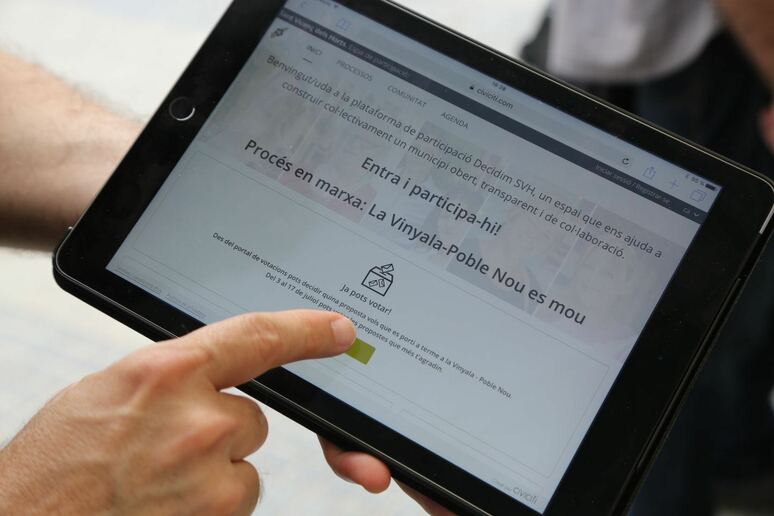Civiciti: technology at the service of participative democracy
It all started in Spain, with municipalities eager to involve citizens in local decision-making. Civiciti (The Citizen Participation Platform) was just what they were looking for – a secure, cloud-based e-voting technology for users to make proposals, allowing municipalities to select the best ones and put them to a citizen’s vote. At the time, there was no equivalent tool on the market. Fast-forward to 2019. Civiciti is now used by over 100 customers across nine countries, partly thanks to support under the European Innovation Council pilot’s SME Instrument strand. “Thanks to the EU-funded feasibility study, we first found out that Civiciti could easily be used in Latin America, where no product adaptation is required. Features and language were already perfectly adapted to the market, and there is a great culture of citizen participation in Central and South America that sometimes is mixed with technology,” explains Aleix Cereto, business developer for Civiciti. For municipalities using it, civiciti has become an integral part of politics. As we were writing these lines, the Spanish city of La Bisbal was just closing a participative process in which citizens had to vote on how to assign a EUR 140 000 budget within a selection of 29 projects, ranging from improvements to the municipal swimming pool to solar energy in public buildings, improvements in green areas and electric car chargers. Improved engagement, better accountability The Civiciti promise is tempting: improving engagement without skyrocketing spending, and ultimately closing the gap between citizens and governments while regaining the former’s trust in the latter. As Cereto points out, there is growing evidence that e‐voting techniques increase citizen participation and are mainly used by new participants rather than those citizens who were already mobilised, so it’s a real bargain for governments facing increasing pressure for more transparency, accountability and public consultation. The feasibility study was also an opportunity for the company to validate its diversification strategy. As initially expected, the platform can easily be adapted for use in any organisation, and not only municipalities or public administration. Civiciti: More than just elections Two additional categories of customers have been identified. The first is the private sector: companies can use the system, for instance, to consult employees on strategic moves or new product ideas and draw conclusions thanks to a dedicated data system. The education sector can also find civiciti useful to set up a participation space where students, teachers and parents can share opinions and proposals. “Interest from these sectors became clear after two years on the market,” Cereto recalls. “We have already deployed pilot portals for universities, schools and private companies and conducted live elections for shareholders meetings. We expect to further expand this segment over the coming years.” With its phase 1 project now completed, Civiciti intends to continue its expansion strategy in the Americas and Western Europe. The company will keep bringing new features for private organisations while upgrading the ones meant for municipalities, and the platform will soon cover shareholder meetings, political party elections, university elections, schools and professional associations.
Keywords
Civiciti, participative democracy, local, citizens, municipality, Spain, Latin America, politics



